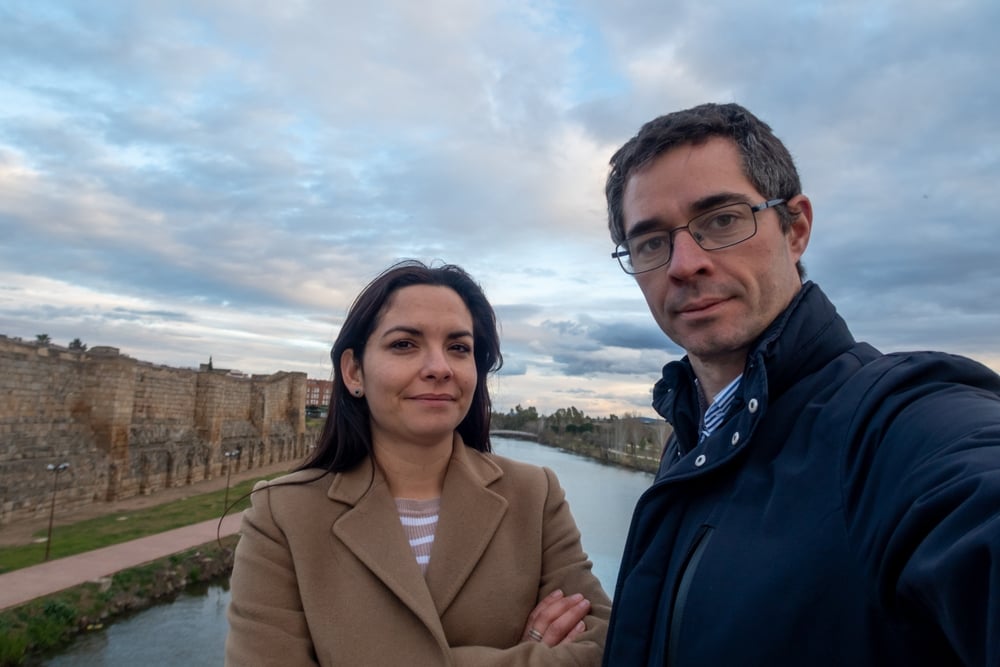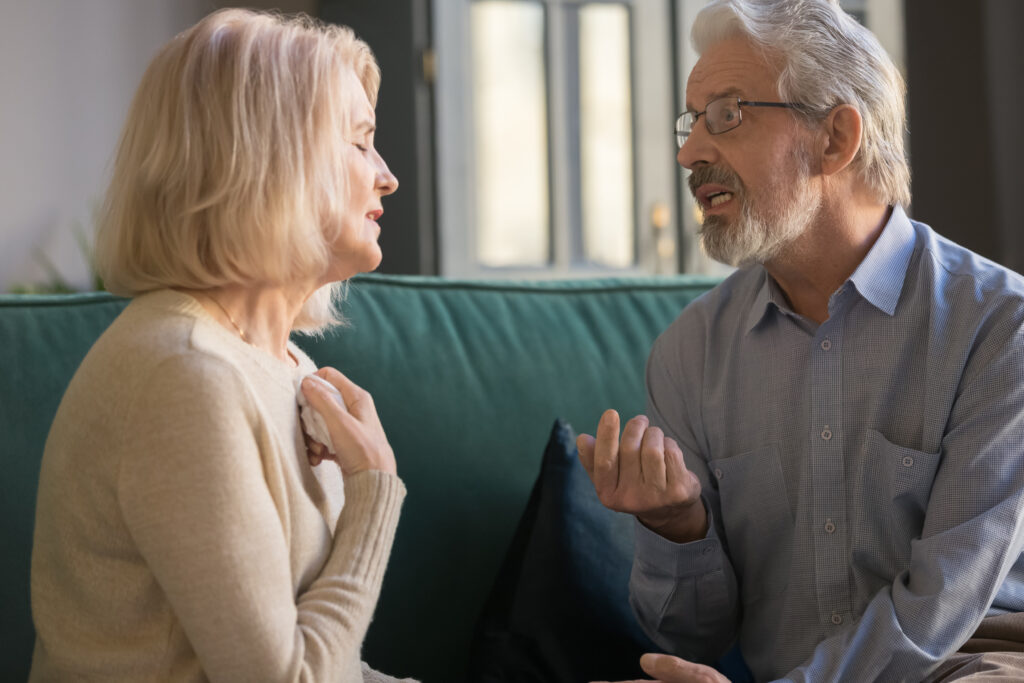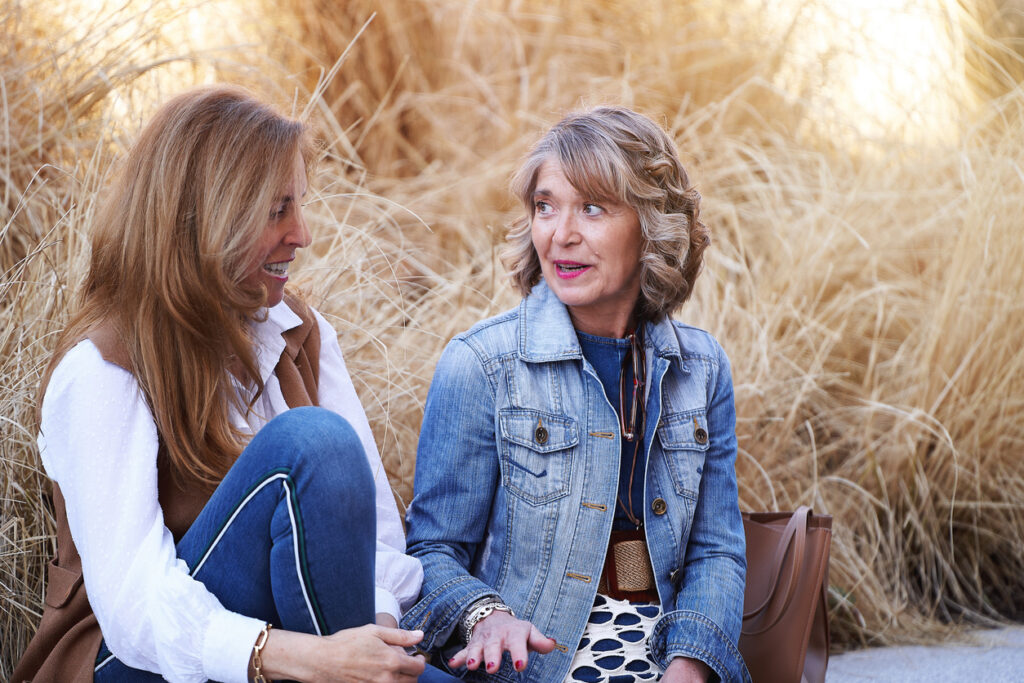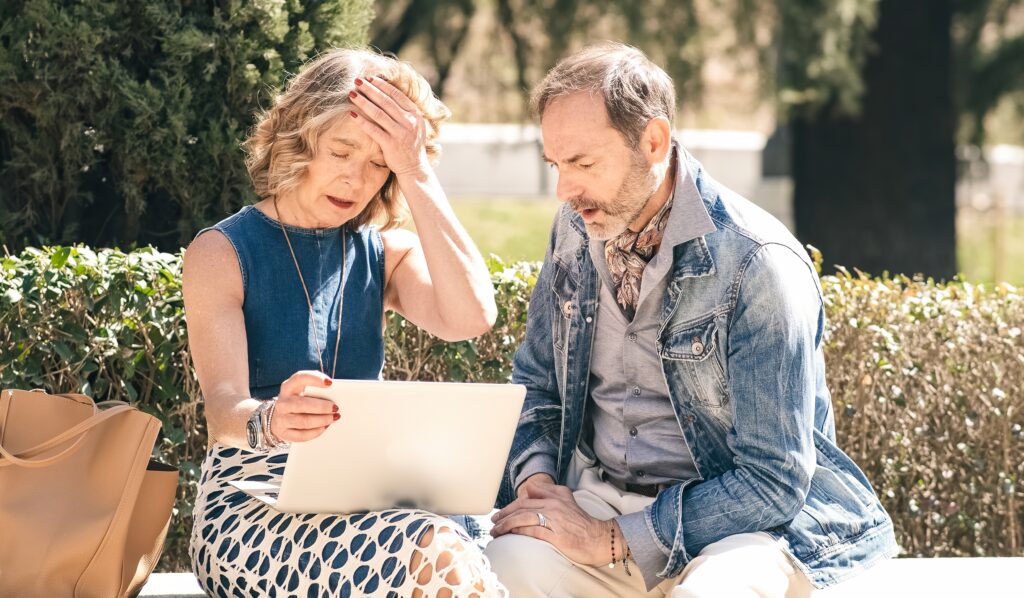Experts explain how love across generations brings deep connection—and unique emotional strain.

Loving an older man can bring deep security, emotional maturity, and a sense of wisdom that’s rare in many relationships. But it can also reveal subtle emotional challenges that couples don’t always expect. Differences in energy, priorities, and life experience can shape everything from communication styles to long-term plans. While every age-gap relationship is unique, there are recurring emotional dynamics that tend to surface over time. Here are ten of the most common challenges—and how couples can navigate them with empathy.
1. You’re Often in Different Emotional Life Stages

An older partner may already feel settled while you’re still exploring or building your identity. This difference can lead to subtle tension—one seeking stability, the other still chasing new experiences.
It doesn’t mean the relationship can’t thrive; it just requires balance. Recognizing where each of you stands emotionally helps you align goals and avoid resentment. The more you accept your different timelines, the easier it becomes to meet in the middle, as reported in Medium.com.
2. Communication Styles Can Clash

Older men often communicate more directly or prefer fewer emotional discussions, while younger partners may crave deeper emotional sharing. These mismatched styles can create feelings of disconnection or misunderstanding, according to Peggy Bolcoa.
Learning each other’s communication rhythms takes patience. It helps to agree on when and how to talk about sensitive issues instead of assuming one partner’s way is “better.” Emotional fluency grows through curiosity, not correction.
3. There’s a Subtle Power Imbalance

Age can naturally influence power dynamics, especially when one partner has more financial stability, life experience, or social confidence. The younger partner may feel overshadowed or hesitant to assert themselves.
Healthy relationships thrive on mutual respect, not hierarchy. Naming this imbalance openly—without blame—can help restore emotional equality. When both voices carry equal weight, age becomes an asset, not a barrier, as stated in GoodTherapy.org.
4. You May Feel Pressure to Match His Pace

An older man may prefer quieter routines or slower weekends, while you might crave more activity or adventure. These differences can make one partner feel restless and the other overwhelmed.
Finding shared activities that fit both energy levels keeps connection alive. Compromise doesn’t mean sacrificing excitement—it means redefining fun in a way that feels inclusive rather than divided.
5. Conversations About the Future Can Feel Uneven

When you’re in different life stages, timelines for retirement, travel, or family planning may not align. Discussing the future can trigger uncertainty about long-term compatibility.
Honest, ongoing dialogue is key. These talks aren’t about fear—they’re about creating clarity. Couples who plan together, rather than avoid the topic, tend to build stronger emotional foundations despite age differences.
6. His Past Can Cast a Long Shadow

An older man may have a rich romantic history—past marriages, children, or significant life experiences that shape how he loves now. Sometimes, that history can unintentionally create emotional distance.
Rather than competing with his past, focus on the present relationship you’re building. Understanding where he’s been allows you to see how he’s grown—and how your connection can add a new, meaningful chapter to his story.
7. You Might Feel Misunderstood by Others

Friends or family may judge your relationship or question your motives. These outside opinions can create isolation or self-doubt, especially when stereotypes about age-gap couples persist.
It’s important to unite as a team against outside judgment. When both partners handle criticism with humor and confidence, the relationship grows stronger. Mutual support becomes the best defense against misunderstanding.
8. Differences in Health and Energy Can Be Emotional

Aging is an unavoidable factor that can shift emotional and physical dynamics over time. Seeing your partner slow down, face health issues, or retire early can trigger sadness or fear about the future.
Empathy and honesty matter here. Acknowledging the emotions—without pretending they don’t exist—helps both partners adjust. Love that adapts through health changes becomes deeper and more grounded, not weaker.
9. Financial Realities Can Affect Emotional Balance

Older partners often have established finances, while younger ones may still be building careers. That imbalance can lead to subtle dependence or discomfort about money decisions.
The healthiest approach is transparency. Talk openly about spending, goals, and contributions so both partners feel respected. Emotional equality grows when financial dynamics are treated as shared choices, not silent assumptions.
10. You May Worry About Losing Him Sooner

One of the hardest truths in an age-gap relationship is confronting mortality earlier than most couples do. The fear of eventual loss can create anxiety or make you cling too tightly.
Rather than letting that fear overshadow the present, focus on gratitude for the time you share. Love deepens when it’s lived consciously, not cautiously. Embracing each season together—without rushing or resisting—turns vulnerability into connection.
